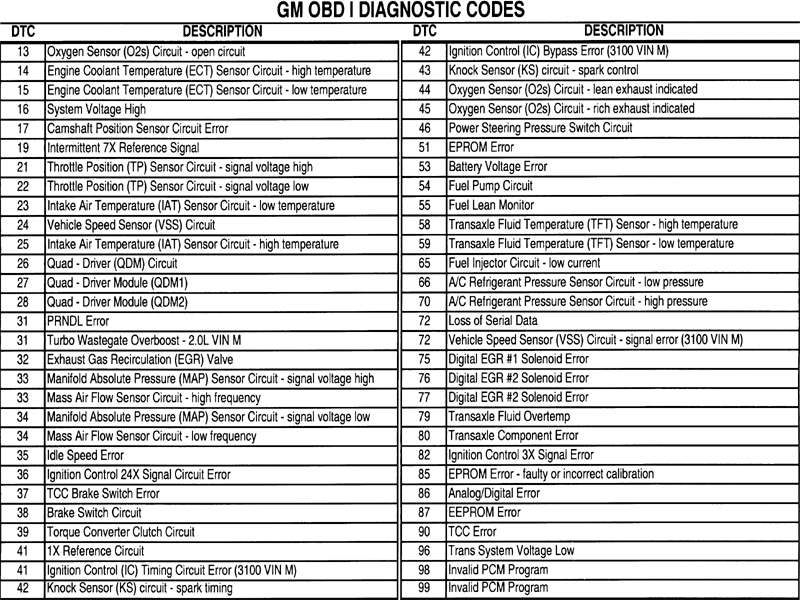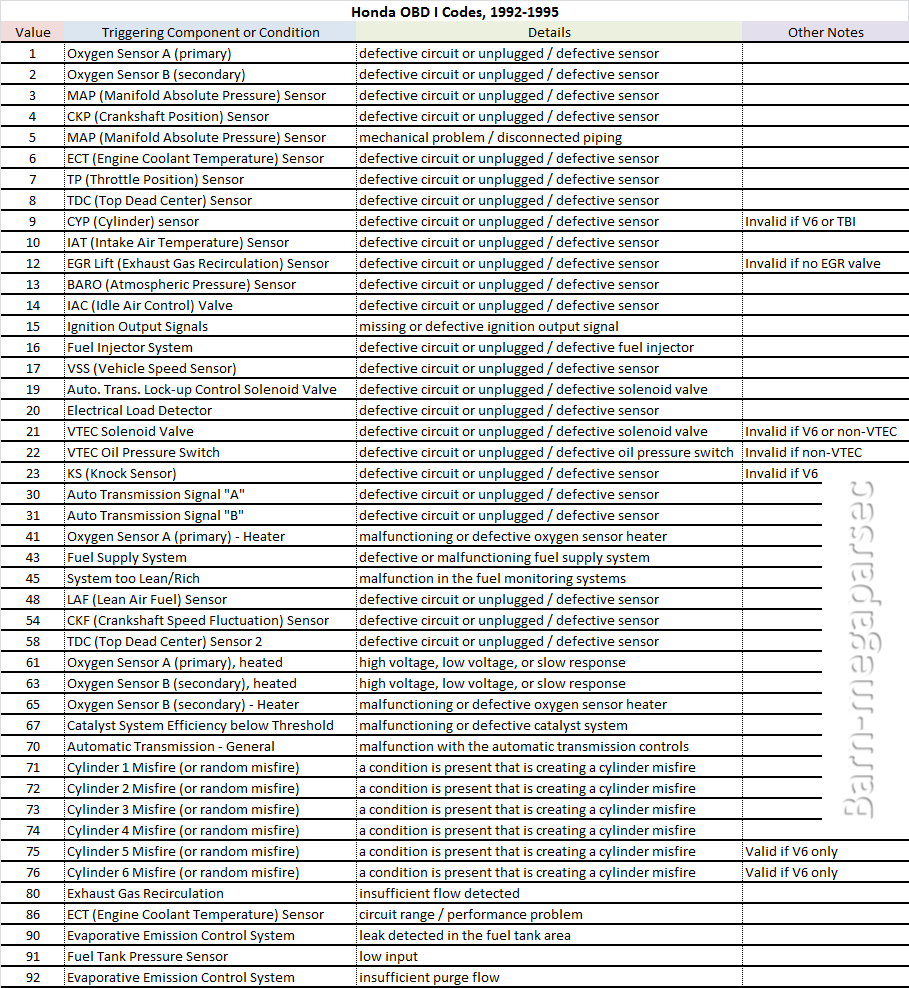Decoding the Mystery: Your Car's Cryptic Light Show
Ever glanced at your dashboard and noticed a glowing, ominously orange light staring back? That, my friend, is the check engine light, and it’s your car’s way of whispering (or sometimes yelling) that something isn't quite right. It’s like a cryptic message from the engine’s depths, and understanding it can save you from costly repairs and unexpected breakdowns. This guide delves into the fascinating world of engine light codes – the key to deciphering your car’s silent pleas for help. We'll explore what they are, how they work, and how to use them to your advantage.
Imagine your car’s computer system as a complex network of sensors, constantly monitoring everything from fuel mixture to exhaust emissions. When something goes amiss, these sensors trigger diagnostic trouble codes (DTCs), more commonly known as engine light codes. These codes are like digital fingerprints, each one unique to a specific problem. By accessing these codes, you can pinpoint the source of the issue and take appropriate action.
The history of engine light codes is intertwined with the rise of electronic engine management systems. As cars became increasingly computerized in the late 20th century, the need for a standardized diagnostic system became apparent. The OBD-II (On-Board Diagnostics II) system, introduced in the mid-1990s, became the universal standard, providing a common language for interpreting engine light codes. This standardization was a game-changer, empowering car owners and mechanics alike to diagnose problems with greater accuracy and efficiency.
The importance of engine light codes cannot be overstated. They are your first line of defense against potentially serious engine problems. Ignoring a check engine light is like ignoring a doctor's warning – it might seem harmless at first, but it can lead to more significant and expensive issues down the road. Early diagnosis, facilitated by engine light codes, allows for timely intervention, preventing minor problems from escalating into major headaches.
There’s a wide range of issues that can trigger the check engine light. A loose gas cap, a faulty oxygen sensor, or even a misfiring spark plug can all set off the warning. Understanding the specific code associated with the problem is essential for accurate diagnosis. A code like P0420, for example, indicates a problem with the catalytic converter, while P0300 suggests a random misfire.
One of the primary benefits of using engine light code lists is the potential cost savings. By identifying the problem early, you can often avoid costly repairs that might result from neglecting the issue. For instance, a simple fix like replacing a faulty oxygen sensor can prevent damage to the catalytic converter, which is a much more expensive component.
Another advantage is the empowerment it gives car owners. By understanding engine light codes, you're no longer entirely reliant on mechanics for diagnosis. You can gain valuable insights into your car’s health and make informed decisions about repairs.
Lastly, using engine light code lists can improve your car’s overall performance and fuel efficiency. Addressing issues promptly ensures your engine is running smoothly and efficiently, optimizing its performance and minimizing fuel consumption.
A basic action plan involves using an OBD-II scanner to retrieve the codes, looking up the codes in a reliable engine light code list (available online or in repair manuals), and then taking appropriate action based on the diagnosis. A successful example would be identifying a faulty oxygen sensor through the code P0135, replacing the sensor, and subsequently resolving the check engine light issue.
Advantages and Disadvantages of Using Engine Light Code Lists
| Advantages | Disadvantages |
|---|---|
| Cost savings through early diagnosis | Misinterpretation of codes can lead to incorrect repairs |
| Empowerment of car owners | Codes don't always pinpoint the exact problem, further diagnosis might be needed |
| Improved car performance and fuel efficiency | Requires an OBD-II scanner to retrieve the codes |
Five best practices for working with engine light codes include: 1) Always use a reliable code list, 2) Clear codes after repairs and retest to ensure the issue is resolved, 3) Consider the context of other symptoms, 4) Don't automatically assume the cheapest fix is the correct one, and 5) If unsure, consult a qualified mechanic.
Five real-world examples of engine light codes include: P0171 (System Too Lean), P0301 (Cylinder 1 Misfire), P0420 (Catalyst System Efficiency Below Threshold), P0442 (Evaporative Emission Control System Leak Detected (small leak)), and P0507 (Idle Air Control System RPM Higher Than Expected).
Challenges can include intermittent issues that don't store a code, multiple codes that make diagnosis complex, and generic codes that don’t pinpoint the exact problem. Solutions often involve using advanced diagnostic tools, consulting experienced mechanics, and carefully analyzing all available data.
FAQs: 1) What does a flashing check engine light mean? (Serious problem requiring immediate attention). 2) Can I drive with the check engine light on? (Depends on the severity; a flashing light indicates a serious problem). 3) How do I clear the check engine light? (Using an OBD-II scanner or sometimes by disconnecting the battery). 4) Where can I find a reliable engine light code list? (Online databases and repair manuals). 5) How much does it cost to fix a check engine light problem? (Varies greatly depending on the issue). 6) Do all cars use the same engine light codes? (OBD-II compliant cars use a standardized system). 7) Can I fix a check engine light problem myself? (Depends on your skill level and the complexity of the problem). 8) How often should I check my engine light codes? (Periodically, even if the light isn’t on, as a preventative measure.)
Tips and tricks include using a code reader app on your smartphone, keeping a log of past codes, and researching common problems for your specific car model.
In conclusion, understanding engine light codes is essential for any car owner. They provide a vital window into the health of your vehicle, enabling early diagnosis and preventing minor issues from becoming major expenses. From identifying a faulty sensor to addressing a misfire, these codes empower you to take control of your car’s maintenance and avoid costly surprises. While the blinking light might seem intimidating, remember it’s just your car trying to communicate. By learning to decipher its cryptic language, you’ll not only save money but also ensure a smoother, more reliable driving experience. So, embrace the power of knowledge, equip yourself with an OBD-II scanner and a reliable engine light code list, and embark on the journey of understanding your car's silent pleas for help. Don't ignore the warnings – decode the mystery and keep your car running smoothly for years to come. Take action today and learn more about your car’s health.
Woher kommt der begriff kiffen unraveling the roots of a word
Unique thigh tattoo inspiration for women
Disrupting the garden bm bargains fence paint revolution














